Investigation update on Kawhi Leonard’s alleged illicit contract: NBA had approved a $300 million sponsorship; penalties are not decided solely by Adam Silver
On October 14 Beijing time, ESPN reported, citing several sources,that in 2021 the NBA reviewed and approved a $300 million sponsorship contract between the Clippers and Aspiration.Several months afterward, this company signed an individual agreement with star Leonard, prompting the league’s probe into “salary cap evasion.”
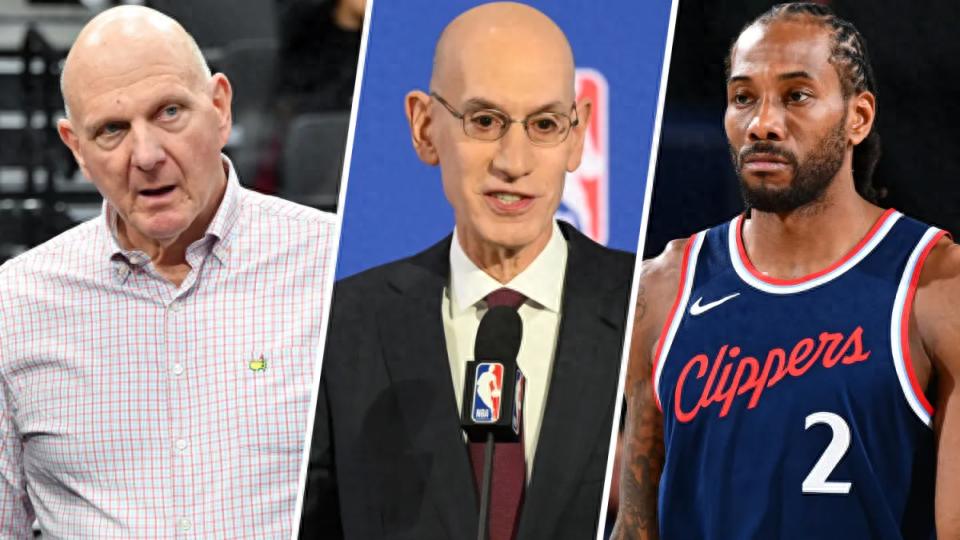

Two sources directly familiar with the agreement stated that because the deal included jersey patch advertising elements, the Clippers submitted it to the NBA for review before officially announcing the 23-year contract in September 2021, in accordance with league rules. The sources added the agreement also involved placing advertising signage inside the Clippers’ then-unfinished Inglewood arena.
It was reported that in April 2022, Aspiration signed a separate $28 million endorsement deal with Leonard. According to the NBA’s collective bargaining agreement, such individual contracts do not require league approval.
The NBA is currently investigating whether the Clippers and owner Ballmer engaged in “salary cap circumvention” by compensating Leonard through this arrangement.After the related allegations surfaced, NBA Commissioner Adam Silver initially stated he had “never heard of Aspiration before,” but later corrected himself, acknowledging awareness of the brand.
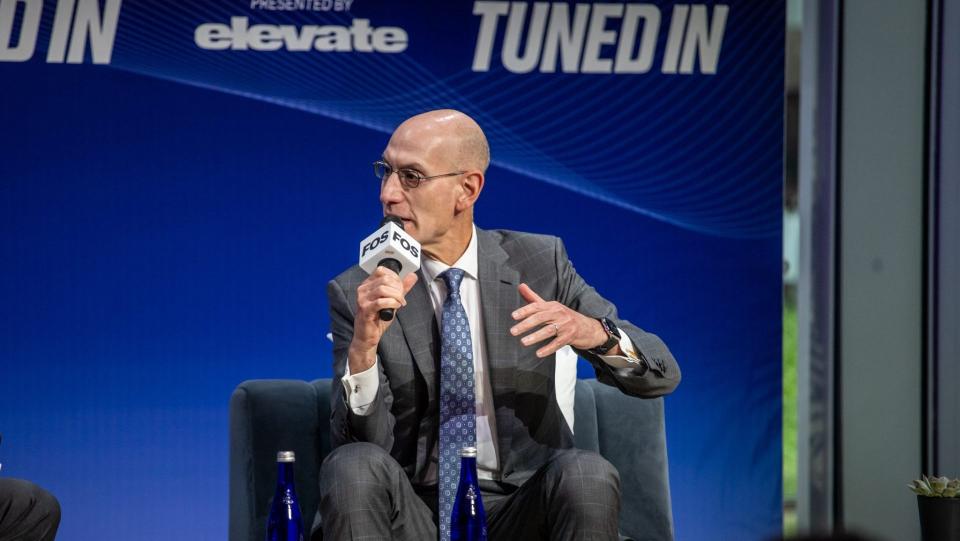
The NBA does not require teams to submit all sponsorship agreements for review; however, certain types of deals must comply with stricter rules or receive league approval, including jersey patch advertisements and in-arena signage visible during broadcasts. Additionally, sponsorships involving cannabis, gambling, or energy drink companies also require league scrutiny.
NBA spokesperson Mike Bass told ESPN in a statement: “Teams conduct their own due diligence and negotiate sponsorship deals. Since jersey patches appear on players’ uniforms and receive significant exposure during broadcasts, the league reviews and approves such agreements to avoid potential brand conflicts or clashes with league partners.”
A Clippers spokesperson deferred questions about the league’s review process to the NBA. According to official NBA documents obtained by ESPN, jersey patch sponsorship deals must be explicitly approved by the league. The 2021-22 NBA Operations Manual states that teams must “notify the NBA and obtain approval” before signing such deals and “may not announce any patch sponsorship without prior approval of the agreement, patch design, and public release.”
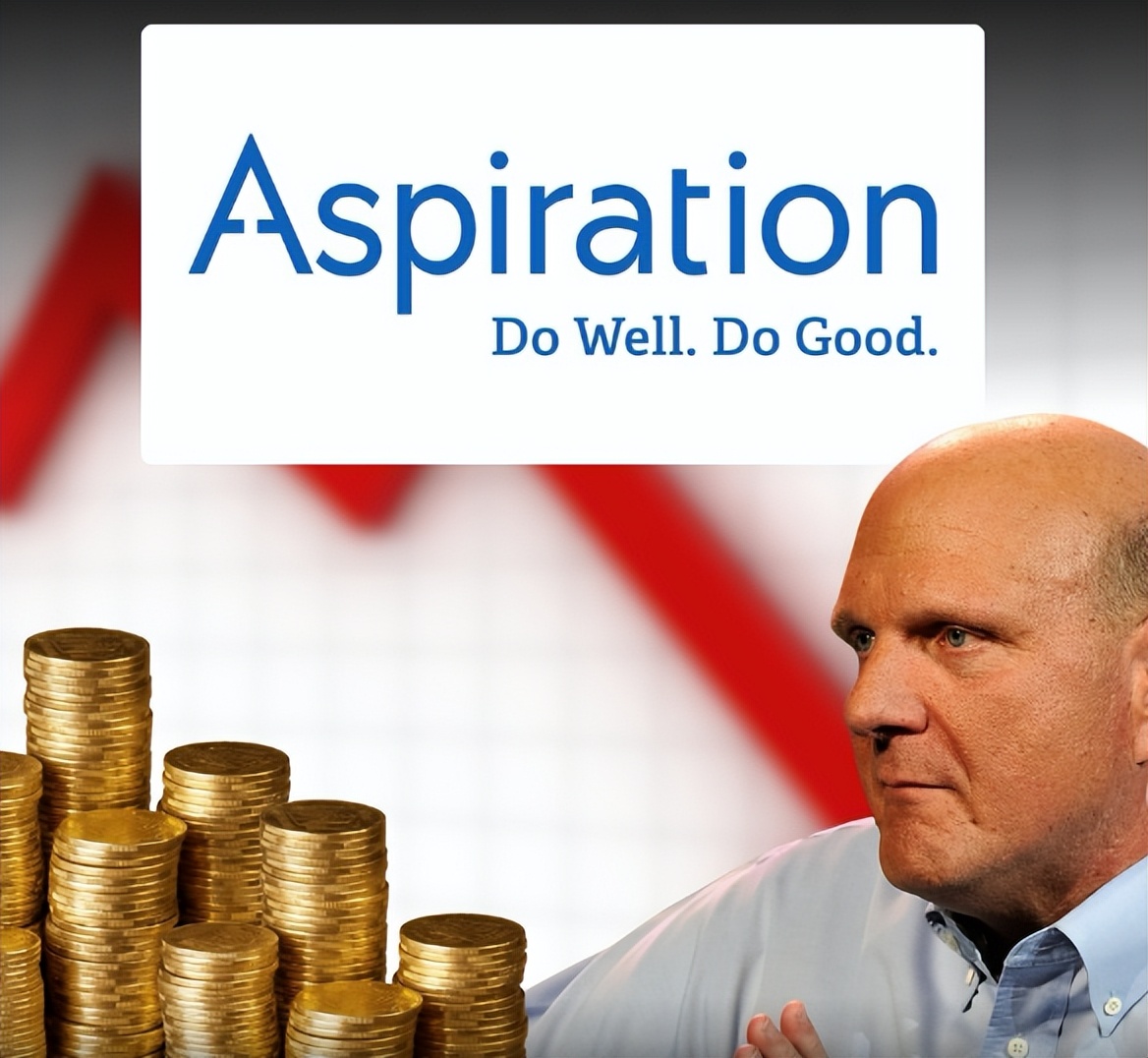
The manual dedicates about four pages to patch sponsorship policies, requiring teams to submit contract terms to the NBA before public announcements and specifying patch size and placement on jerseys, allowing only minor size adjustments with league consent. It also mandates clauses allowing the league or team to terminate agreements if the sponsor becomes involved in controversies or scandals that negatively impact the team’s or NBA’s business, reputation, or public image.
According to podcaster and reporter Pablo Torre, in September 2021—the same month the Clippers announced the Aspiration partnership—owner Ballmer invested $50 million in the California-based company.
In April 2022, Aspiration signed a four-year, $28 million endorsement deal with Leonard. A former anonymous employee of the financial firm told Torre the agreement was designed to circumvent the salary cap.
In an ESPN interview, Ballmer denied knowledge of the endorsement contract Aspiration ultimately signed with Kawhi Leonard, and denied instructing the company to do so. NBA rules do not prohibit teams from introducing their sponsors to players but forbid team involvement in subsequent negotiations; under the collective bargaining agreement, the league does not review players’ individual endorsement deals.
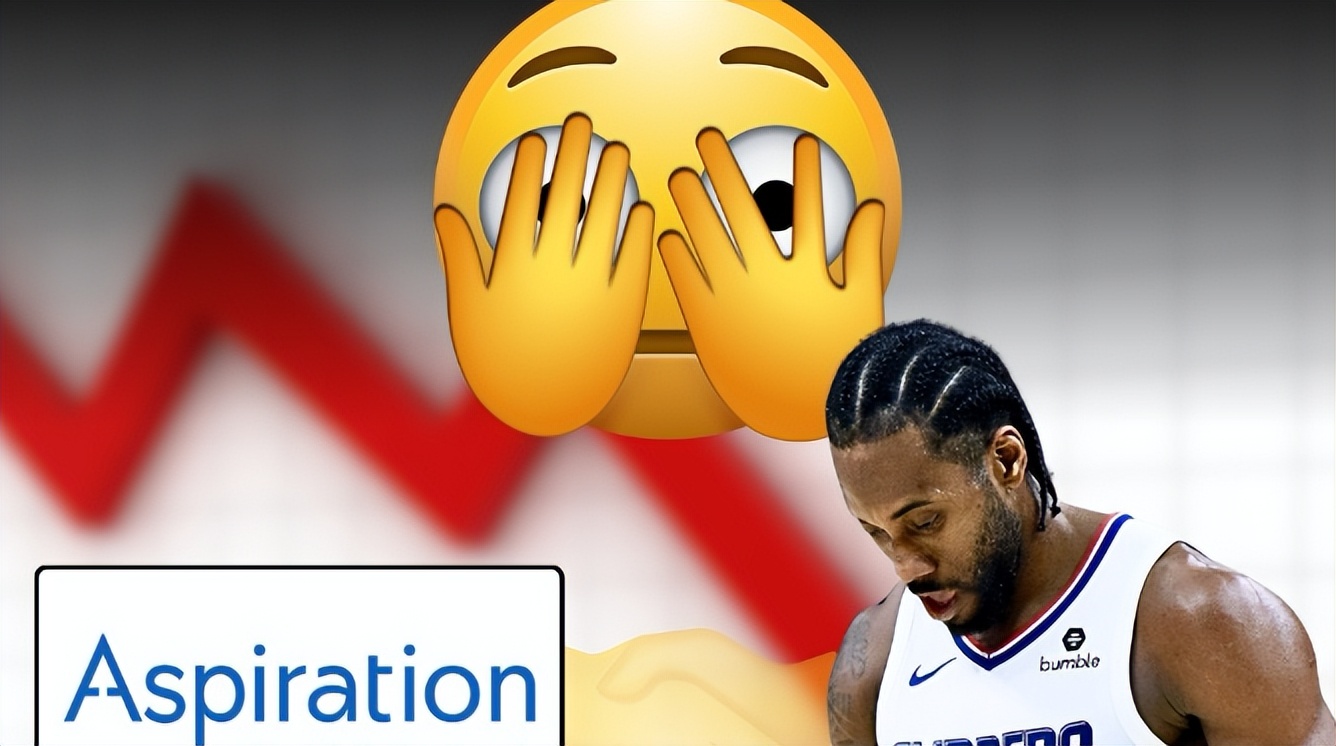
After the Clippers’ previous sponsorship deal with Honey expired, Aspiration’s branding was expected to appear on Clippers jerseys at the start of the 2023-24 season but ultimately did not. In January 2024, Bloomberg reported that Aspiration was under investigation by the U.S. Department of Justice (DOJ) and Commodity Futures Trading Commission (CFTC) for allegedly misleading consumers. The Clippers told Bloomberg they terminated the Aspiration sponsorship “last season.”
Aspiration filed for bankruptcy in March this year, reportedly owing $170 million. The company stated that the $30 million owed to the Clippers was the largest single debt. In August, Aspiration co-founder Joe Sanberg pleaded guilty to two counts of telecommunications fraud. Federal prosecutors stated Sanberg defrauded investors and lenders of $248 million by securing loans through fraudulent means, falsifying bank and brokerage statements, and concealing that some revenue was actually his personal income.
Ballmer told ESPN that as part of his and the team’s cooperation with the DOJ’s investigation into Aspiration, he has been reviewing his interactions with the company. “These people committed fraud,” he said. “Listen, they deceived me, really deceived me. I invested thinking it was a legitimate business, but I got tricked at this stage.”
Several sources familiar with the NBA’s sponsorship review process said the core of the review focuses on the sponsor’s reputation and ability to fulfill financial commitments. It remains unclear whether the league conducted further examination after initially approving the Clippers’ deal with Aspiration.
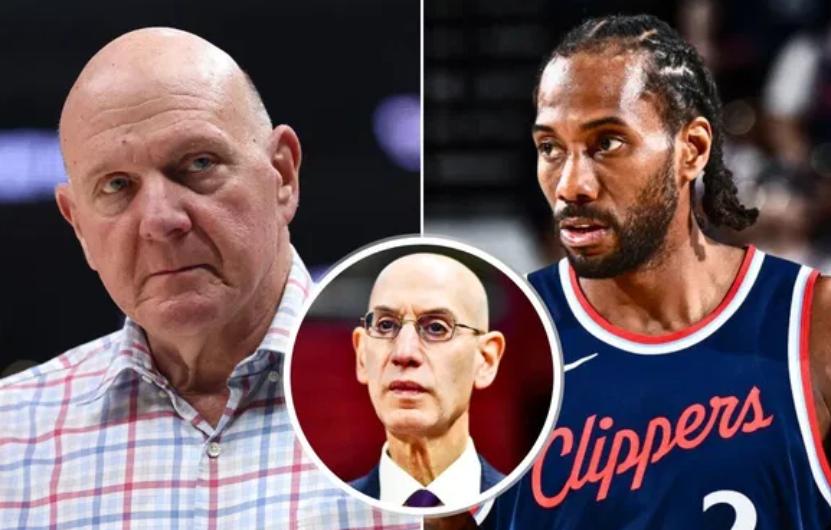
The league has hired a law firm to investigate whether the Clippers violated salary cap rules.People aware of the investigation’s progress indicated it may last several months and possibly conclude only after the 2026 NBA playoffs. However, they also noted that under the NBA’s collective bargaining agreement, any punishment against the Clippers is not decided solely by Silver but depends on the investigation’s findings.
These individuals explained that the process involves the law firm submitting its findings to the league office first. Silver then decides, based on those results (or lack thereof), whether to forward potential evidence to a neutral arbitrator jointly appointed by the NBA and the players’ union. The arbitrator reviews Silver’s submission and decides the next steps—either authorizing Silver to impose penalties on the Clippers or rejecting the request if evidence is insufficient, thereby denying sanctions against the team.
“If we are to impose penalties on a team, owner, player, or any league-related party, the burden of proof lies with the league,” Silver told reporters after a league board meeting in mid-September in Midtown Manhattan. “I believe that in any process requiring basic fairness, the burden of proof should rest with the party making the substantive allegations.”


Wonderfulshortvideo
User FieldFrenzy has posted a video.


Quentin Richardson wasn’t having it 😂


A special moment pregame, as Giannis Antetokounmpo is honored at center court for his tenth straight All-Star selection by Bobby Portis and his brother Thanasis 🤩‼️


Ausar Thompson denying anything and everything 😮💨


Since Trey entered the league, Trey is one Since Trey Murphy III entered the league, only 8 guys have scored 10+ threes in a game multiple times…He's now done it 3 times 🤯


Jalen and Cade talk about what makes their connection special 🤝


One week out from the @RUFFLES Celeb Game at NBA All-Star, 2025 MVP @Rome Flynn is locked in on going b2b.. not even @Lethal Shooter can distract him 😂








 Links
Links
 Contact
Contact
 App
App


